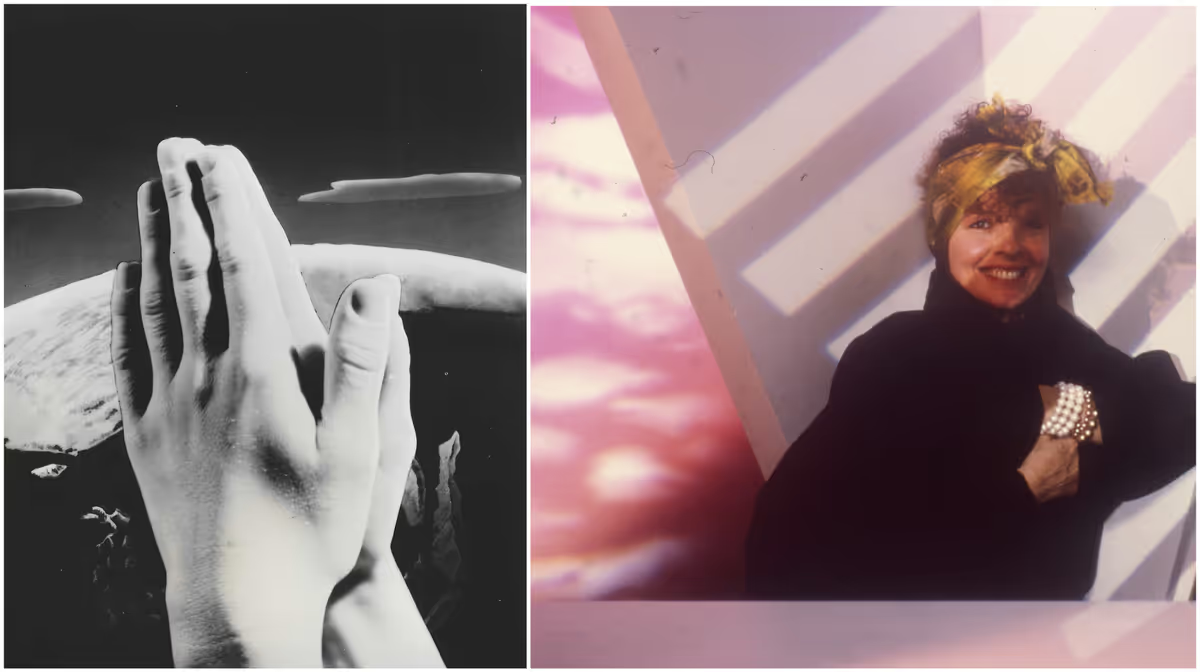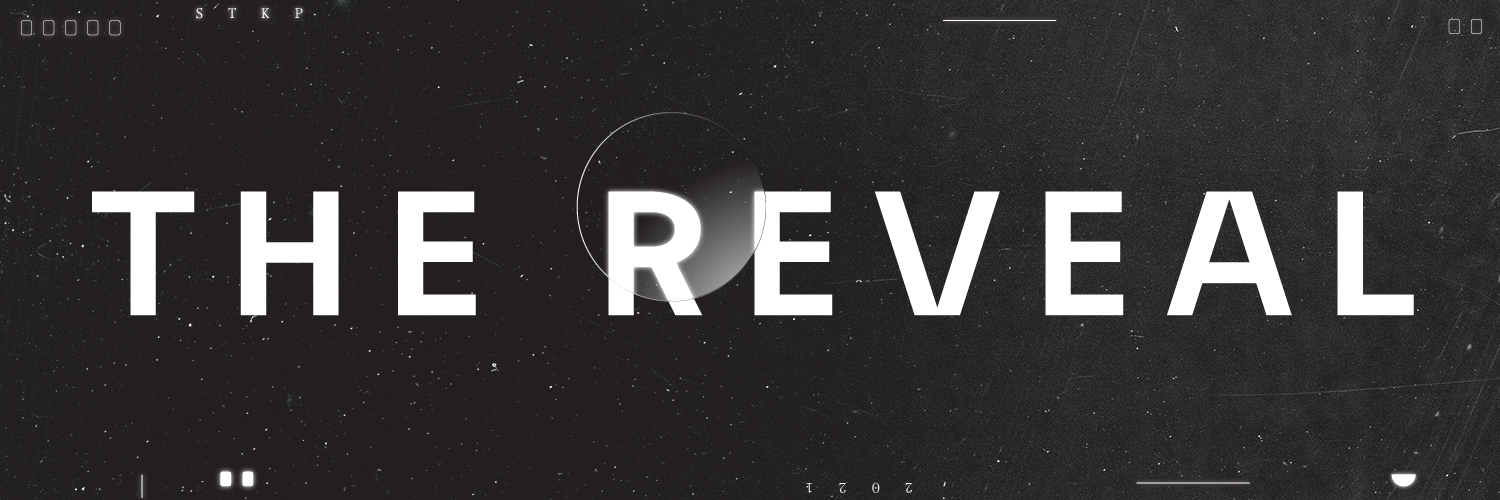Diane Keaton in ‘Heaven’
Keaton made her directorial debut with a quirky 1987 documentary that kept her off camera while still capturing the elusive essence that helped make her a star.

You won’t see Diane Keaton in Heaven, but it’s hard not to feel her presence. Keaton won the Best Actress Oscar for her work in the 1977 film Annie Hall, but as the ’70s became the ’80s, she’d grown frustrated with her acting career and sought to branch out. Keaton published a book of her own photography, and another drawing from her work as a collector of found images before segueing into directing with Heaven, a little-seen documentary that’s currently playing theaters in limited release. (It’s also available online).
The film earned mostly dismissive reviews during its brief theatrical run in 1987, which isn’t that surprising. It’s a gentle wisp of a movie that mixes footage from vintage movies and evangelical instruction films with interviews in which Keaton’s subjects present their thoughts on the afterlife. Heaven contentedly breezes viewers across a surface of eccentricity and kitsch then winds down just as it hits the 80-minute mark. So why haven’t I been able to get its ruminations about the Great Beyond out of my mind since Keaton’s death last month?
The unexpectedness of Keaton’s passing probably has something to do with it. It shouldn’t be shocking when a 79-year-old woman dies, but Keaton always seemed so vital and active even in her later years that her loss came as a surprise anyway. As one of the stars of 2018’s Book Club, Keaton helped carved out a space for comedies in which older women enjoyed wacky-but-life-affirming adventures, which for a few years was treated as the only financially viable comedic subgenre for theatrically released films. Those late-in-life comedies helped keep her busy when she wasn’t working on other projects, like her 2020 book Brother & Sister, an account of her relationship with her mentally ill brother, or spending time with the two children she adopted as a single woman in her fifties. The fundamental mystery of death, the question of how can someone be here one moment and gone the next, becomes even more pronounced when those lost always appeared to be so fully alive.
The question of what happens to us after we die both serves as the subject of Heaven and acts as a kind of bait-and-switch. Set to an ambient Howard Shore score and shot (by Frederick Elmes and Keaton’s producing partner, Joe Kelly) on stylized sets that look like they could belong to an Annie Liebowitz portrait session, the film’s more interested in the way people choose to answer questions about heaven than the ostensible subject itself. “I remember somebody said to me that heaven is a very important issue, and I don’t agree,” Keaton told Rolling Stone at the time of the film’s release. “I think it’s just a dream, just a longing, something you want but you don’t know what it is. I certainly understand the idea of wanting something else.” With Heaven, Keaton set out to collect those dreams.
This post is for paying members only
Sign up now to read the post and get access to the full library of posts for subscribers only.
✦ Sign up